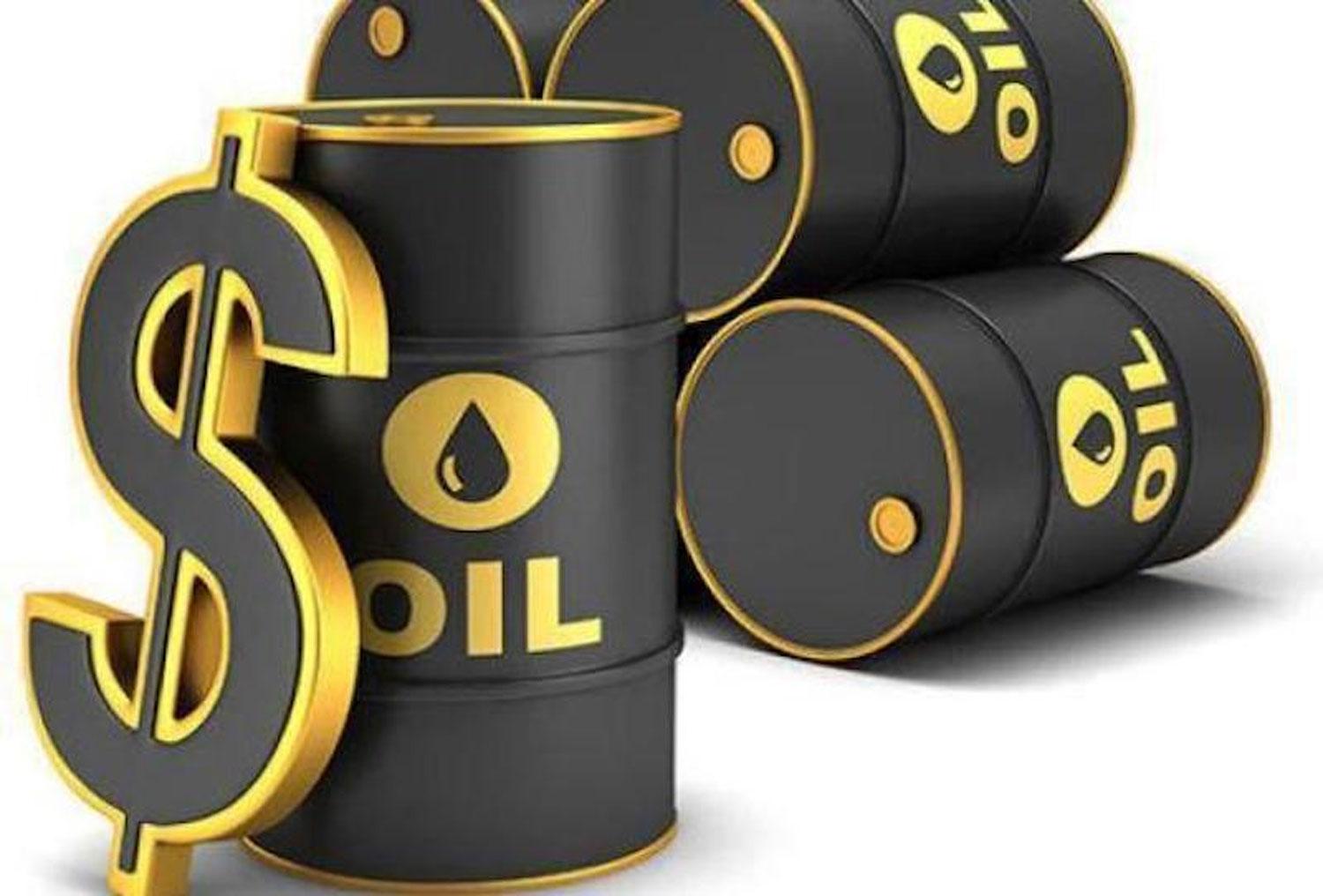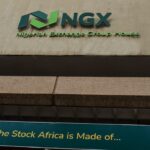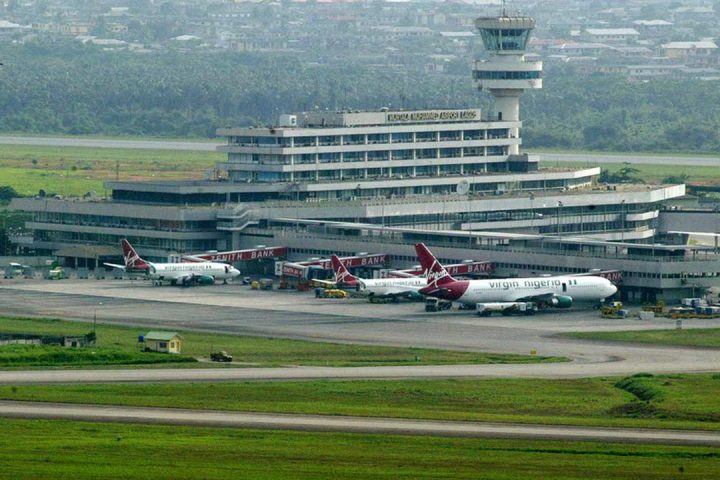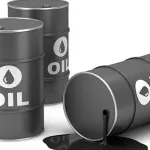There are concerns that Nigeria’s oil industry is facing significant challenges as more than 60 million barrels of crude oil remain unsold due to a growing global supply glut and weakening demand.
This oversupply situation threatens Nigeria’s revenue, foreign exchange earnings, and economic stability as oil remains the mainstay of the economy more than six decades after independence.
Join our WhatsApp ChannelA document released recently shows that the crude cargoes are reportedly floating on the high seas. Some sources said they were scheduled for export in April and May 2025, but remain without buyers.
Among the crude grades contained in the unsold cargoes are popular blends like Bonny Lite, Forcados, Qua Iboe, and Escravos, along with lesser-known grades like Djeno, Girassol, and Mostarda.
Although Nigeria’s high-grade crude oil is known for its quality on a global scale, experts acknowledged that the current market conditions—which include steadily declining global crude oil prices and a more competitive environment- are reportedly posing a significant challenge to Nigeria’s crude grades.
Key Factors Driving the Crisis
Global Oil Glut and Weak Demand
Increased production from non-OPEC+ countries (U.S., Brazil, Guyana, etc.) has flooded the market. The U.S. Shale oil has experienced a boom in recent times, with the country pumping record levels of over 13 million barrels per day. Other non-OPEC+ countries like Brazil, Guyana, and Canada have ramped up production, adding to oversupply.
Despite Western sanctions, there are indications that Russia continues exporting discounted crude, seizing some level of market share.
On the demand side, the world’s top oil importer, China, is reportedly experiencing lower-than-expected industrial activity, reducing crude demand or purchases.
Other minor factors cited by analysts include: High Interest Rates in the West (as the U.S. and Europe are maintaining tight monetary policies, slowing economic growth and fuel consumption); and energy transition shift- demonstrated by rising adoption of electric vehicles (EVs) and renewables.
However, some experts believe that Nigerian crude oil cargoes that have remained unsold were deliberately left on the high seas by merchants who are waiting for a surge in price in the international market.
READ ALSO: Will Petrol Prices Stay Low, Or Are Nigerians Being Set Up For Another Price Hike?
For some weeks now, crude oil prices have been on a downward swing, dropping below $65 per barrel. This bearish outlook of the global oil market has also been attributed to the ongoing trade tariff war between the U.S. and China.
Economist and Energy analyst, Mr Kelvin Emmanuel, said the 60 million barrels of crude oil scheduled for lifting in the months of April and May 2025 are currently stranded because Joint Venture partners are waiting for prices to rise to $70 or go above.
Mr Emmanuel warned that the strategy may fail them because, according to him, crude oil prices might stay at the current level or even drop to $60 per barrel.
“Q2 will be rough because the market fundamentals are indicating that prices might stay or even go back to touch $60 support again,” Mr Emmanuel stated.
READ ALSO: Worries As Oil Price Crash, Low Production Threaten Nigeria’s 2025 Budget
The economist and energy analyst warned that “Waiting for prices to go up without consideration for glut at throughput or demurrage from vessels that are currently held ‘laycan’ shows clearly that there’s a proper lack of planning and hedging strategies.”
He made reference to a statement by the Oil Minister of Kazakhstan on them exceeding OPEC Quota and their national interests superseding that of OPEC, as well as OPEC+ members, pointing towards increasing output at their May meeting for June deliveries. This, he said, “should worry the Nigerian Government.”
Crude Cargoes Stranded as Local Refineries Lament low Supply for domestic refining
Analysts believe it is a tale of paradoxical crisis that over 60 million barrels of crude remain unsold in the global market, while local refineries, including the new Dangote Refinery, struggle with insufficient supply for domestic refining. This mismatch highlights deep structural issues in Nigeria’s oil sector, further straining the economy.
The supply shortage challenges faced by local refineries have persisted despite warnings by the Nigerian Upstream Petroleum Regulatory Commission (NUPRC) that crude meant for domestic refineries should not be exported.
READ ALSO: Global Oil Prices Surge Amid Geopolitical Tensions, Supply Gap Concerns
In a letter dated 2 February 2025, NUPRC Chief Executive Gbenga Komolafe cautioned oil companies against exporting crude intended for domestic refining. “The diversion of crude cargo designated for domestic refineries is a contravention of the law. The Commission will henceforth disallow export permits for such cargoes,” Komolafe had stated.
The Nigeria’s Petroleum Industry Act (PIA), has a clause-Domestic Crude Supply Obligations (DCSO)-which requires crude oil producers to prioritise selling crude oil to Nigerian refineries to ensure adequate feedstock for domestic refining.
READ ALSO: Dangote Refinery Further Reduces Petrol Price
However, domestic refiners have continued to lament the lack of adequate feedstock as a result of poor supply by the crude oil producers.
Local refiners have continued to call on the upstream regulator to rise up to its responsibility and ensure adequate allocation of crude to local refineries.
The Crude Oil Refinery-owners Association of Nigeria (CORAN), National Publicity Secretary, Eche Idoko, recently lamented that the major challenge of local refineries is the availability of crude oil, adding that supply shortages have stalled the progress of at least seven refineries.
According to him, “For refineries to reach Final Investment Decision (FID) stages, they need guaranteed feedstock. The situation right now is not helping our case.”
Mr Idoko revealed that only a few, like Walter Smith Refinery and Aradel Energy, which operate on their own marginal fields, are able to refine occasionally.
“Other modular refineries have not refined a single litre in the last six to eight months,” Idoko lamented.
He said that the Edo Refinery, which plans to expand to 30,000 barrels per day, is presently in talks with US-based crude suppliers.
The supply shortages have forced domestic refineries to resort to importation.
To be able to continue refining and distribution, Dangote Refinery has been sourcing crude from countries including Angola, Algeria and the United States, as local supply remains insufficient.
Call for review of NNPCL’s Crude Forward Sale Agreements
There are indications that the Nigeria National Petroleum Company Limited (NNPCL) has in the past entered a couple of forward sale agreements (FSAs). FSAs are pre-export financing deals where NNPCL pledges future crude oil cargoes to traders or lenders in exchange for immediate cash. These deals, meant to secure upfront cash, often lock Nigeria into unfavorable terms, worsening domestic fuel shortages and revenue losses. Aside from domestic supply shortages, Nigeria records significant revenue losses due to discount sales (Many FSAs sell crude below market rates to secure quick cash). It also worsens FX crisis.
Mr Emmanuel, in a statement via his X handle on Friday, urged the new NNPCL management team to audit existing FSAs to determine what is remaining.
The expert who insisted that OPEC is not useful to Nigeria, and it will be better for the country to stay in the Declaration of Cooperation as OPEC+, emphasised the need for it to focus on meeting the Domestic Crude Supply Obligations, and exporting the difference after satisfying local refiners.
Economic Implications for Nigeria
There are concerns that the insufficient crude supply to local refineries could lead to high prices of refined products as they are forced to import and in the process, are exposed to foreign exchange challenges.
Industry stakeholders believe that unless oil prices rebound or Nigeria adjusts its strategy, the unsold barrels could lead to forced production cuts, deeper revenue losses, and further strain on an already struggling economy.
Victor Ezeja is a passionate journalist with seven years of experience writing on economy, politics and energy. He holds a Master's degree in Mass Communication.



















